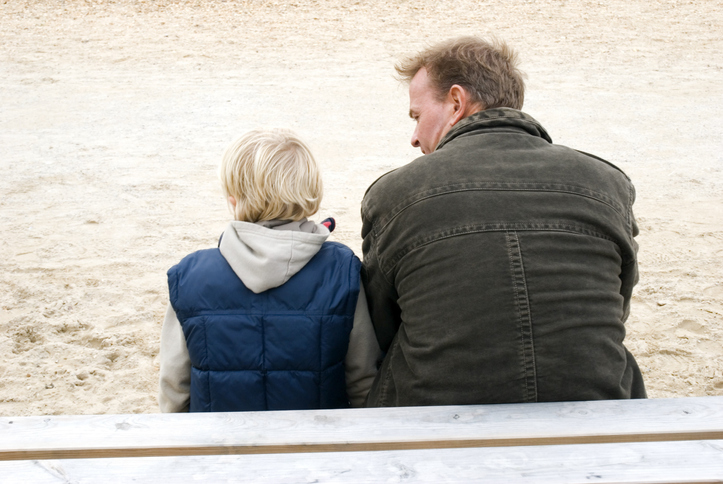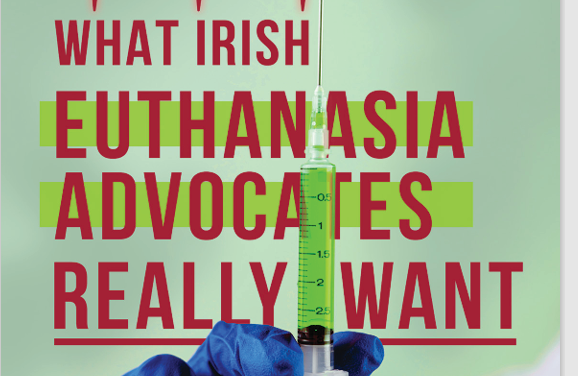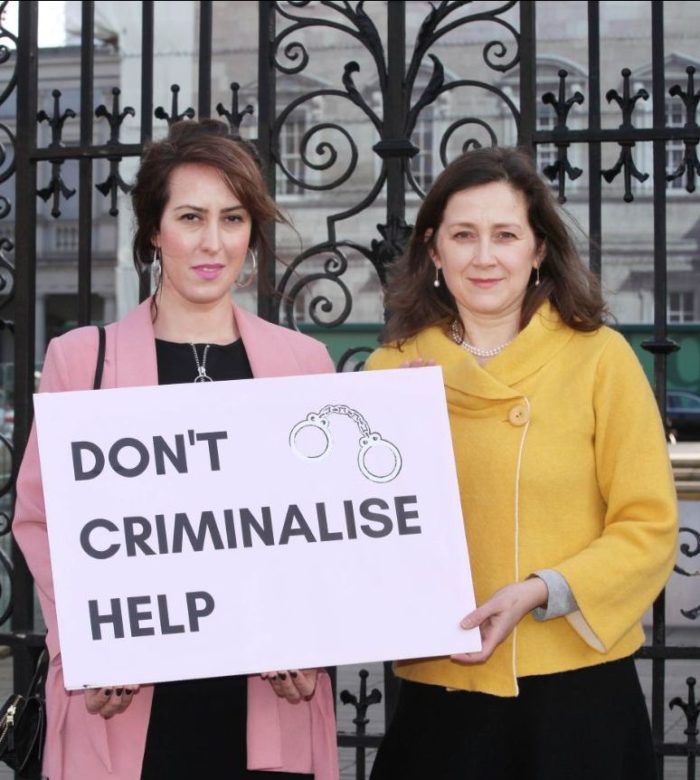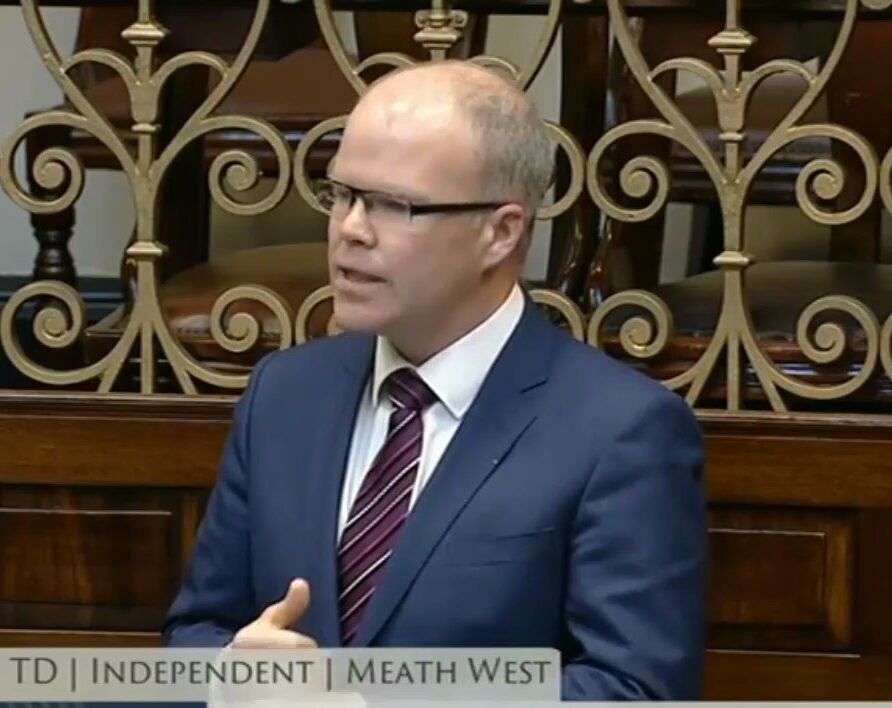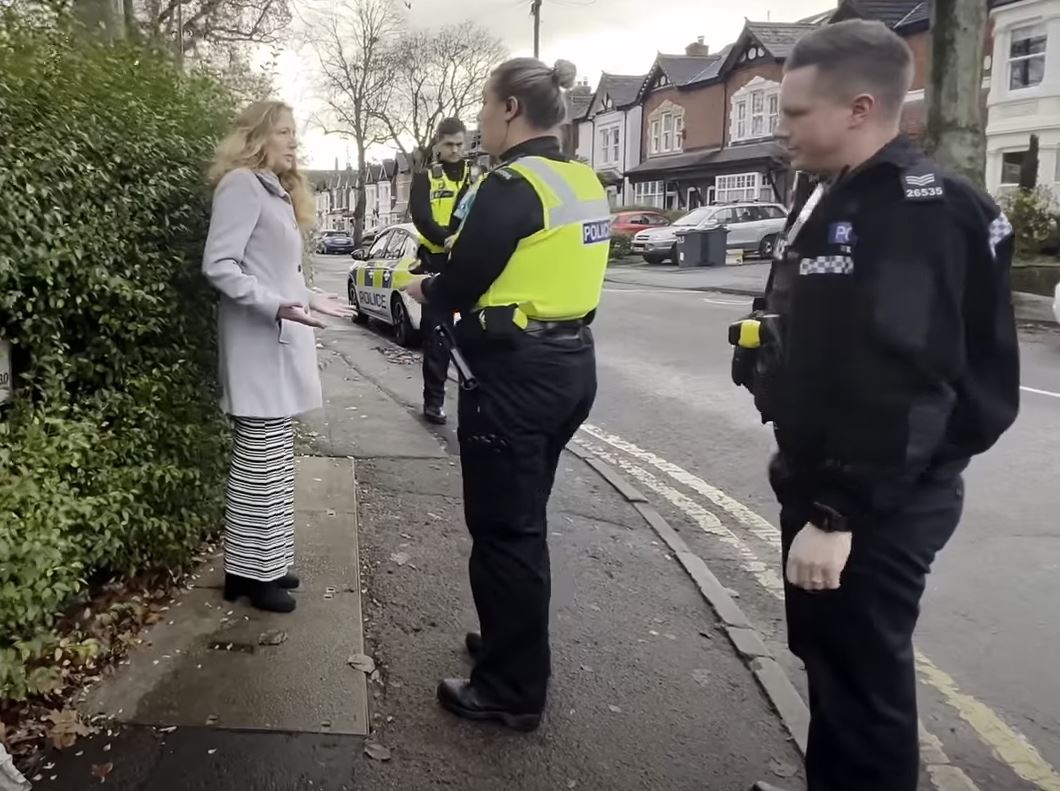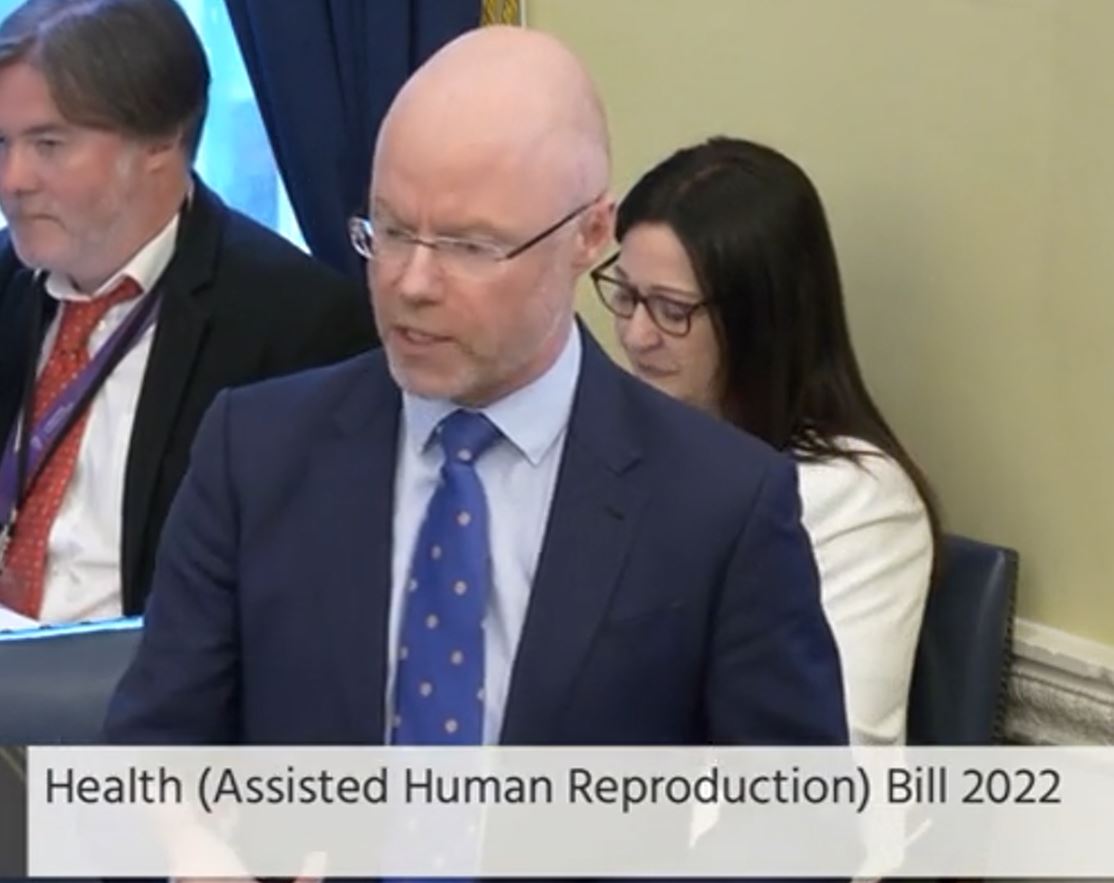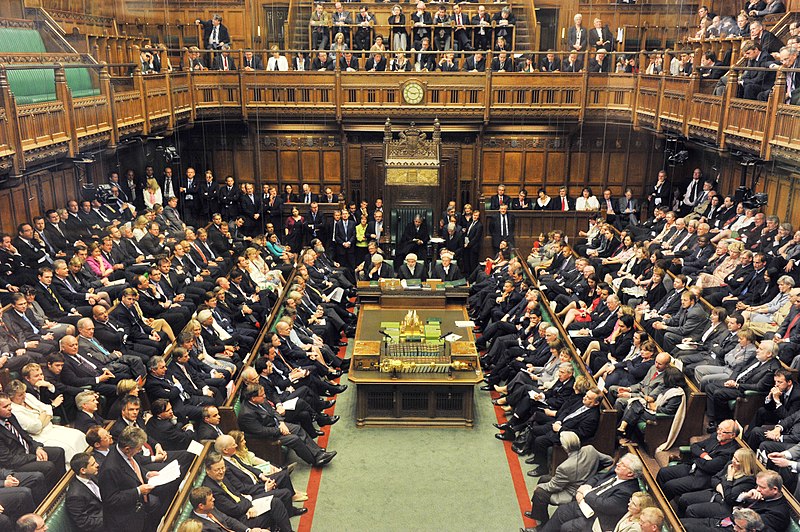A new law to establish “safe access zones” outside abortion facilities in England and Wales has been called “unnecessary and disproportionate”, by the Catholic bishops’ conference.
The legislation criminalizes a range of activities within 150-meters of abortion clinics, including potentially prayer, peaceful presence, consensual communication and offers of practical support.
The Bishops say the new law is “deeply concerning” as a threat to freedom of speech, thought, conscience and religion for all people.
“As the Catholic Bishops’ Conference repeatedly stated during the passage of the Public Order Bill last year, ‘safe access zone’ legislation is unnecessary and disproportionate. We condemn all harassment and intimidation of women and hold that, as was accepted in a Home Office Review, there are already laws and mechanisms in place to protect women from such behaviour,” said Bishop John Sherrington, the Lead Bishop for Life Issues for the conference.
“In practice, and despite any other intention, this legislation constitutes discrimination and disproportionately affects people of faith,” he said.


